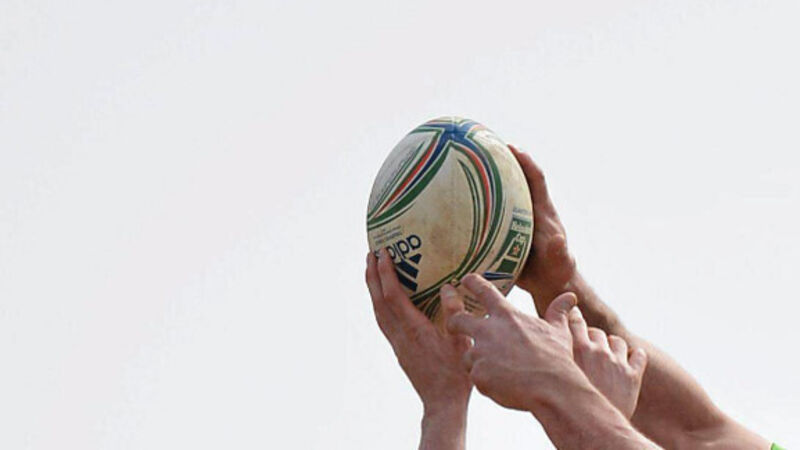Schools level rugby tackle ban idea ‘crazy’

Any ban, he said, could lead to worse injuries if older, heavier, players were expected to quickly develop tackling skills.
“It’s absolutely crazy. To suggest that they could learn to tackle when they leave school is nonsense and could make it even more dangerous," he said.










